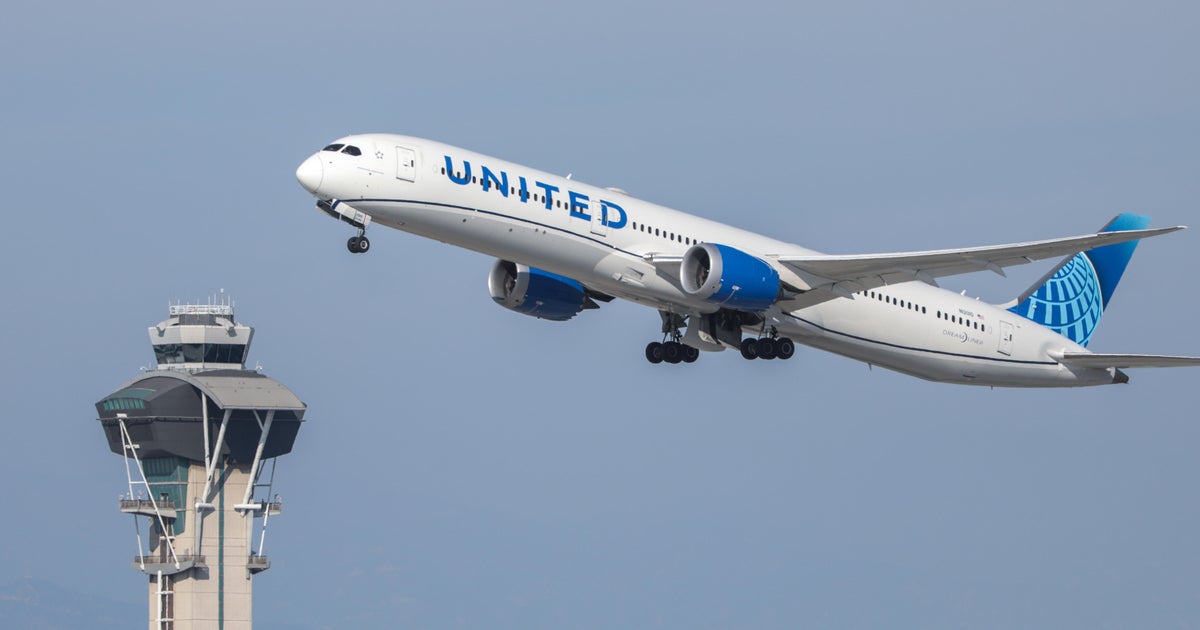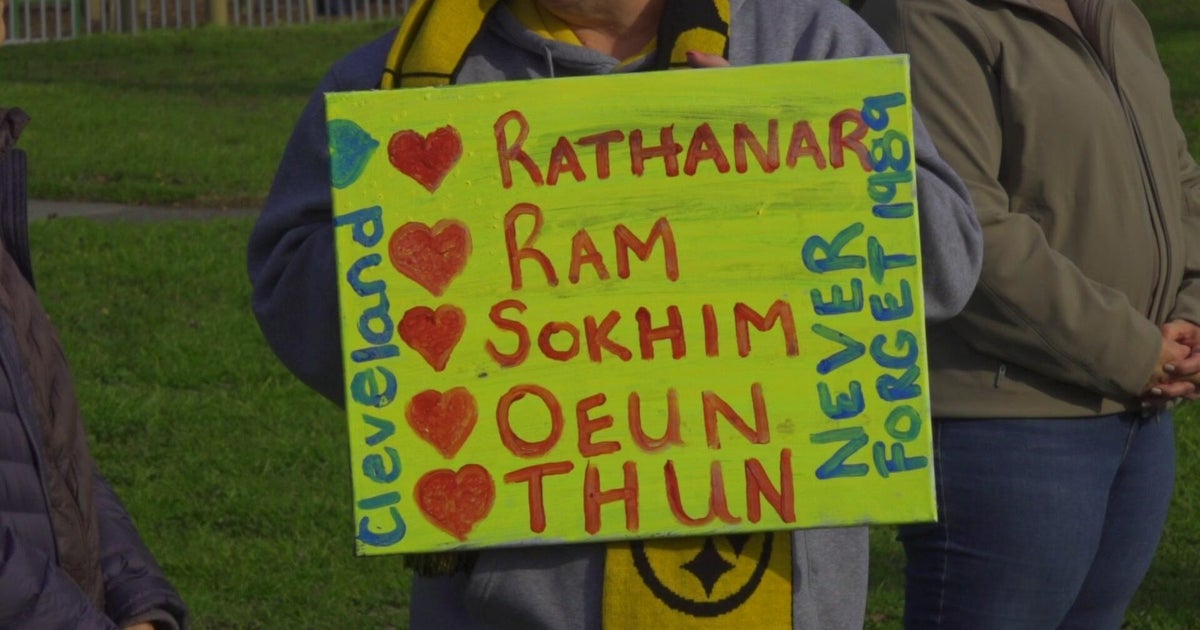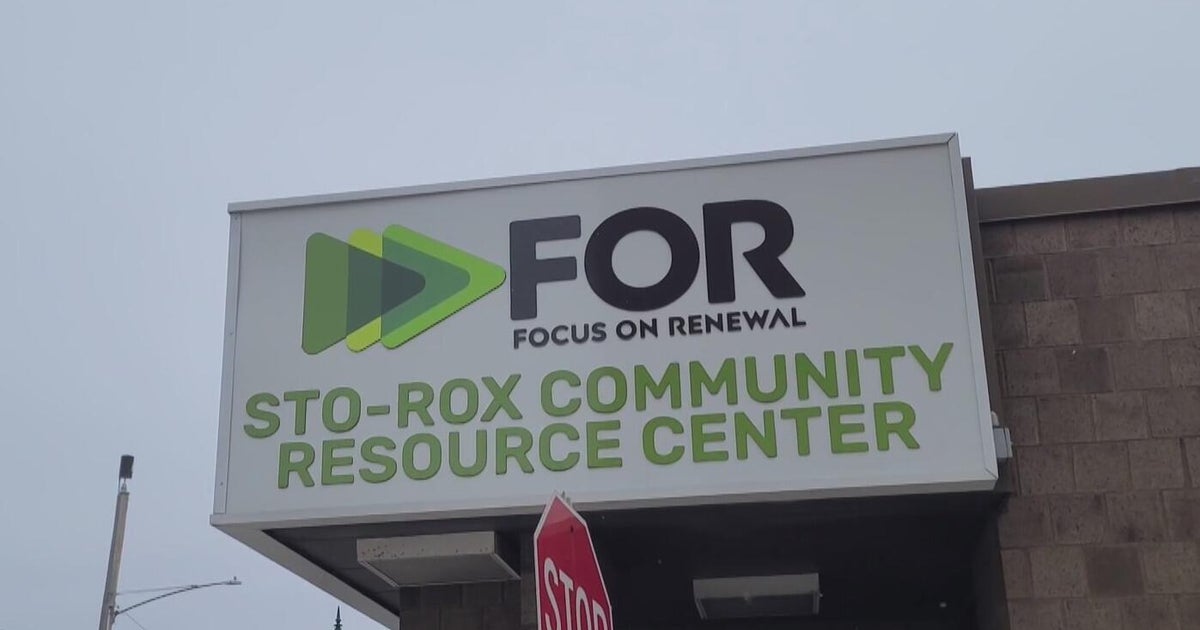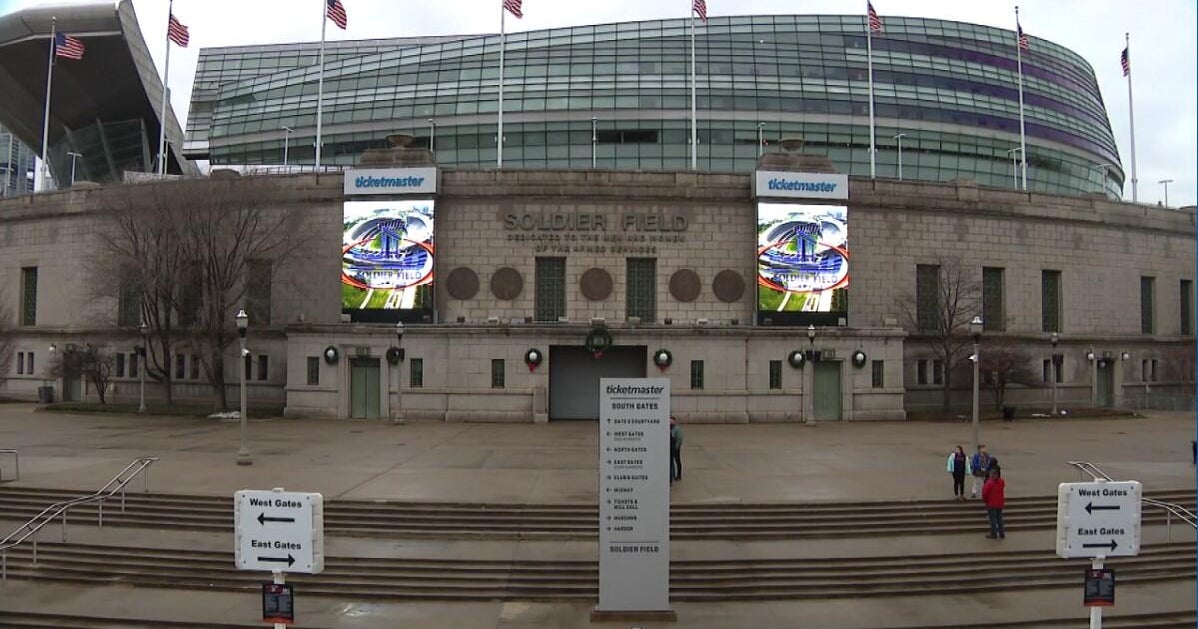Battle Wages Over Food Labeling Initiative Prop 37
SANTA MONICA (CBSLA.com) — A slew of TV ads have been urging people to vote against proposition 37, a food labeling initiative that would affect foods made with genetically-engineered ingredients.
The issue has become a battle between two food industries: organic on one side and genetically-altered food on the other.
At the Natural Food Co-op in Santa Monica, CBS2/KCAL9 spoke with a mother as she carefully reviewed the ingredients of items on her shopping list. It's a weekly ritual that prop 37 may make a whole lot easier.
Brenda Cohen said she goes to that market because she's thinking about the health of her 11-year-old son, Ryan, and 8-year-old daughter, Emily.
"I want be feeding them food that I know is healthy and isn't going to harm them in the future," Cohen said.
She's concerned about genetically-modified organisms (GMOs) that are finding their way into raw and processed food. GMOs are food ingredients that come from plants or animals that would not exist naturally in the environment; like the corn one farmer is growing from genetically-altered seeds in Davis that make the crops pest- and drought-resistant.
According to American Medical Association, GMOs present no health risks. The AMA doesn't see a need for labels, saying "there is no scientific justification for special labeling of bioengineered foods, as a class."
But Natural Foods Co-op general manager Bruce Palma said he's not quite sure he buys that.
"I think the studies are still coming out. I don't think there have been enough studies to conclusively say… A lot of things were told to us to be safe and, every year, something's being recalled," Palma said.
Prop 37 was written to address this concern. If passed, it "requires labeling on raw or processed food, if made from plants or animals with genetic material changed in specific ways."
"I want to know what's in my food," Cohen said.
According to campaign finance records, prop 37 supporters have gathered $3.5 million in contributions, including money from Mercola.com Health Resources and Whole Foods.
However, opponents have generated nearly 10 times that amount, at $32.5 million, for their own campaign. Its leading contributors include the Monsanto Corporation – one of the largest producers of genetically-altered seeds, Dupont and Pepsi.
Independent political analyst Jack Pitney has been following the money trail in this campaign.
"With any regulatory scheme there are winners and there are losers," Pitney said.
The owner of L.A. Play Market in Inglewood said his customers would be among the losers.
"It's going to hit their pockets like you can't imagine," Pitney said.
Many of the anti-prop 37 campaigns are playing on the fear that food prices will go up to cover the cost of labeling.
There are many still that say it won't cost that much at all.
While competing industries may be bankrolling both sides of prop 37, the voters will be the ones to decide which side wins. It's a time when many are trying to make healthy choices. But does consuming GMO-containing food matter? And if so, at what cost?







